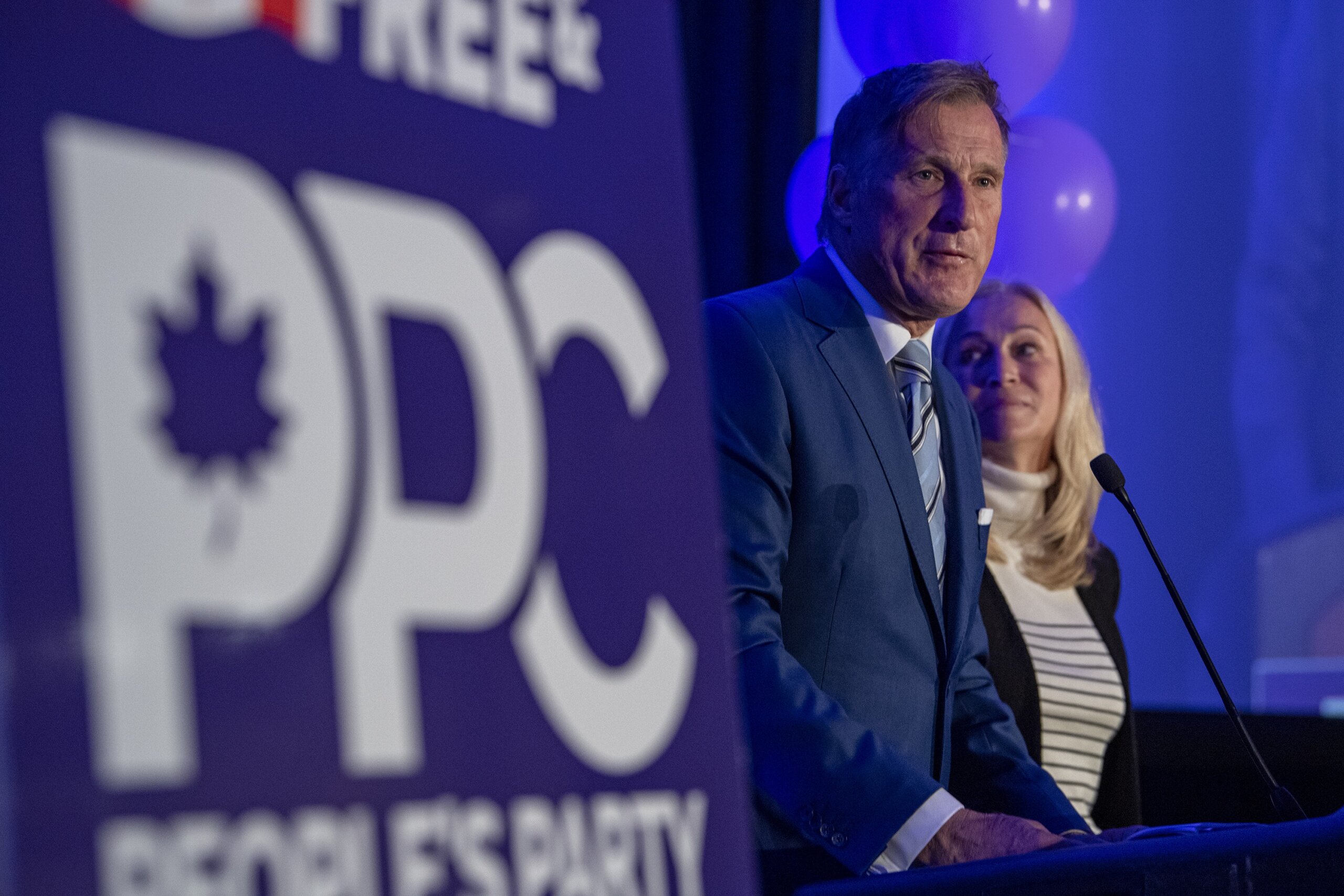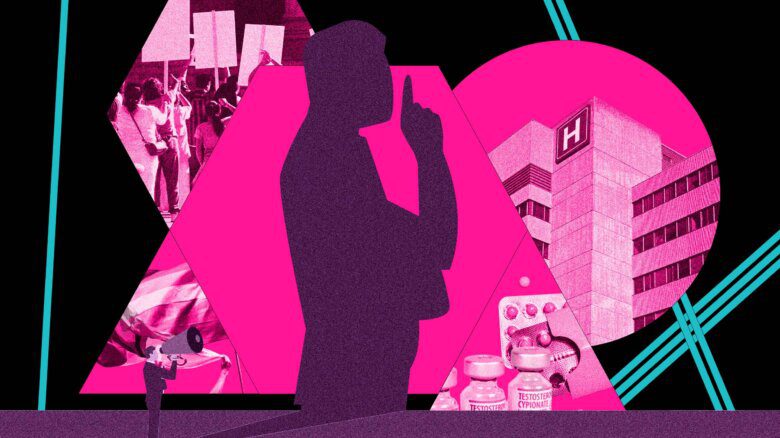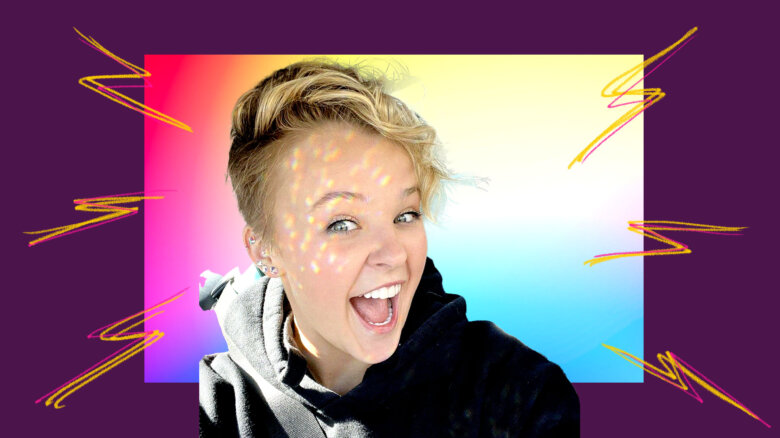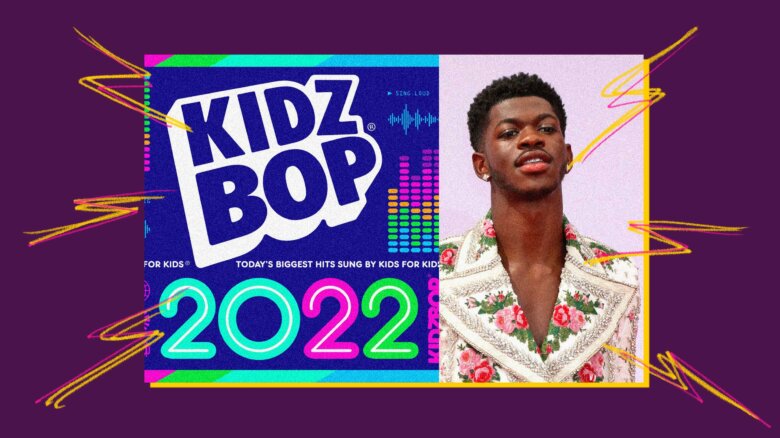Canada’s second federal election in as many years ended with much of the same results.
While the final votes are still being tallied, Justin Trudeau’s Liberals are back with another minority government. The other major parties won about the same number of seats as last time. And even some of the expected surges or shifts in the voting base didn’t play out as planned—we still have just seven elected LGBTQ2S+ MPs in total.
Heading into the 2021 vote, People’s Party of Canada (PPC) Leader Maxime Bernier promised a “purple wave” of support for his far-right party, fuelled by courting anti-vaxxers and libertarians. But the actual result in terms of parliamentary representation was more akin to a puddle, with the far-right party failing to earn a single seat in Canada and Bernier himself defeated in his own riding.
And while that’s reassuring to anyone opposed to the PPC’s racist, sexist, transphobic and alt-right-courting policies, there’s still cause for concern.
While the PPC didn’t win any seats, its percentage of the vote share nearly tripled since the party debuted in 2019. More than 800,000 Canadians cast their vote for Bernier’s party. Though they likely had a multitude of reasons for doing so—from disillusionment with the Conservative Party to anti-vaccine beliefs—that swell in support could foreshadow alarming news when it comes to the future of trans people’s rights in Canada.
Here’s what you need to know.
What is the People’s Party of Canada?
The People’s Party is a far-right political party, founded by former Conservative cabinet minister Maxime Bernier. The party advocates for libertarian values and aims to provide a further right option to voters beyond the Conservative Party of Canada.
They’re also pretty dang racist, sexist and transphobic. The populist party has pledged to cut down on immigration, scrap the Multiculturalism Act and return to “Canadian” values—a dog whistle that’s really not-so-thinly veiled racism.
In the 2019 election, despite a lot of mainstream platforming of Bernier, the party only received about 1.62 percent of the popular vote.
In 2021, Bernier was not invited to any leaders’ debates, but the party saw their support swell and nearly tripled their share of the popular vote.
What are their views on LGBTQ2S+ issues?
This is where things start to get extra dicey. Not only is the PPC notably xenophobic as a party and courting extremist groups, they also have some pretty yikes stances on trans issues.
The PPC’s policy on gender and diversity is cut from much of the same cloth as Republican legislators in the U.S. Bernier has repeatedly spoken out against what he calls “radical trans activists” and pledged to protect so-called “women’s rights.”
“The People’s Party believes that adults can identify with the gender they want and undergo whatever medical procedure they want in order to change sex. They must be respected and enjoy the same rights as every Canadian,” he said in an early September news release.
“However, with the active support of the woke far left and Trudeau’s Liberals, a minority of radical trans activists are trying to transform society in a way that curtails everyone’s freedoms. This radical agenda is proving particularly harmful to women, children, gays and lesbians.”
The PPC has employed many of the same talking points and arguments as anti-trans so-called “feminist” groups. They argue that the advancement of trans rights has come at the expense of “women.”
Bernier also pledged to repeal bills C-16 and C-6. The former amended Canada’s Human Rights Code to include language around gender identity and expression, while the latter is the much-discussed ban on conversion therapy. Both pieces of legislation were heralded as steps forward for the LGBTQ2S+ community upon their introduction.
Considering the 2021 result, should queer and trans folks worry?
The PPC isn’t forming government any time soon, so we don’t need to worry about them unilaterally making these decisions. But their success in the popular vote during this past election means that the party will inevitably have a larger platform going forward.
The PPC not only polled high, they polled higher than the Green Party of Canada. Ever since former Green leader Elizabeth May was first elected in 2011, the party has enjoyed near equal platforming with the Liberals, Conservatives, NDP and Bloc Québécois at events like leaders’ debates or in high-profile sit-down interviews with the CBC.
Canada’s multi-party system means there are a slew of minor parties, from communists to Marxist-Leninists to the Rhinos. Because their public support is relatively small, these parties’ leaders don’t appear in federal debates, and they aren’t heard from in the House of Commons. The PPC passing the Greens in the popular vote is certainly an argument for that equal platform, especially when the next federal election rolls around.
By capturing more than 5 percent of the popular vote, Bernier will be included in leaders’ debates if the PPC runs candidates in at least 90 percent of ridings next election, according to rules set in 2018. This week, far-right media was already celebrating Bernier’s inclusion in the next federal debates.
Many pundits have pointed out that this platform enables and emboldens an extremist base.
“The People’s Party of Canada has become a rallying point for extremists who existed before it did, but who now have an organizational anchor and home. That is troubling,” columnist David Moscrop wrote for Global News this week. “The essential questions to ask about the PPC are what sort of behaviour the party is enabling, what sort of people it is organizing and coordinating, and what that means for the country’s political ecosystem and those who live in it.”
We’ve already seen one federal leaders’ debate with Bernier in 2019, and it was a trainwreck. Now the PPC is technically the fourth party in English-language Canada, and ranked as high as second place in some rural ridings. Their far-right base is emboldened. That could spell bad news.
Impact on the Conservative Party of Canada
A dominant narrative that has emerged since election night is that the PPC stole votes from the Conservative Party of Canada, swinging ridings to the Liberals or NDP. And while that may be true in some circumstances, in reality the PPC mobilized a lot of folks who weren’t voting in the first place to get out.
Still, that Conservative vote-split narrative means that the Tories will likely see their shift to the left—and I do mean ever so slightly to the left—under leader Erin O’Toole as a failure. That could mean a return to courting those PPC voters and a shift back to the right.
Just the same way the NDP tries to flank the Liberals on the left, we now have the PPC to contend with on the right. And that means problematic mainstream Conservative beliefs can go from opposing conversion therapy bans to straight-up opposing trans people’s existence in an attempt to woo those mythical PPC defectors.
O’Toole is still in place as a leader, so the party won’t undergo any dramatic swings right now. But that doesn’t mean things couldn’t quickly change down the line—especially in a minority government where another election looms around every corner.


 Why you can trust Xtra
Why you can trust Xtra


